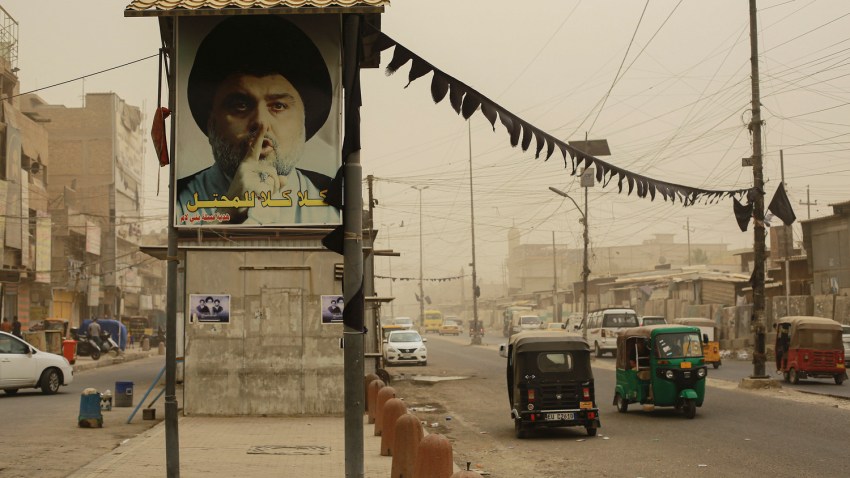A political earthquake is underway in Iraq, as lawmakers from Shiite cleric Moqtada al-Sadr’s bloc have resigned en masse from parliament. The move is ostensibly meant to end eight months of political paralysis, amid a prolonged stalemate over forming a government following last October’s parliamentary elections. But with no clear pathway toward a breakthrough in the government-formation talks, and the expectation of mass protests on the horizon, Iraq appears to be on the verge of perhaps the greatest political uncertainty it has faced since the first post-Saddam multiparty elections in 2005.
First, what happened?
On Sunday, Sadr announced the resignations of all 73 lawmakers elected under his movement’s platform, which the speaker of parliament and the leader of the Sadrist bloc’s Sunni partner, Mohamed al-Halbousi, accepted. Under Iraqi law, each of them will be replaced with the first runner-up from the election in their respective constituencies. As a result, when Iraq’s parliament returns from its recess in late July, it will be controlled by minority factions representing a small share of the electorate.

